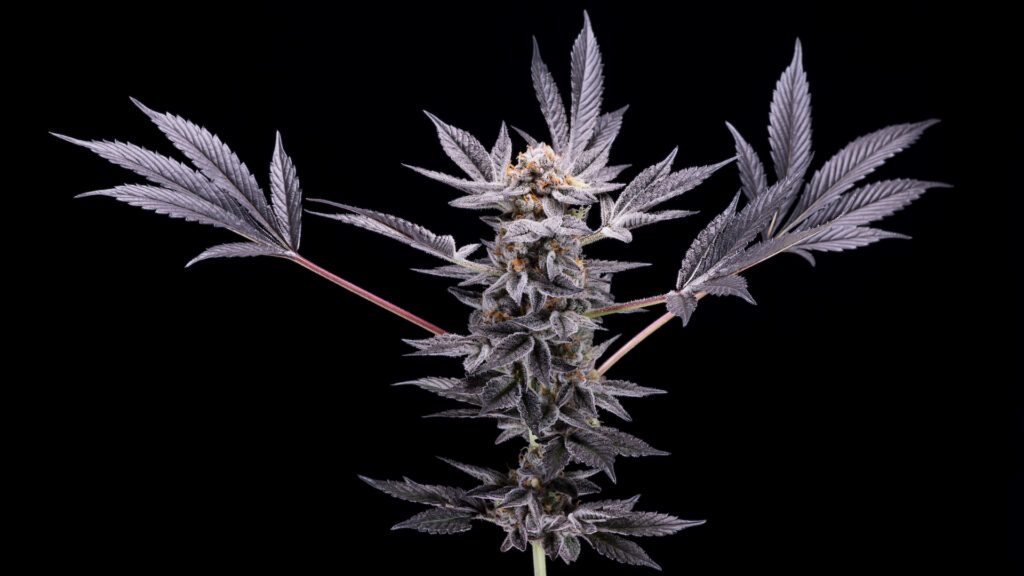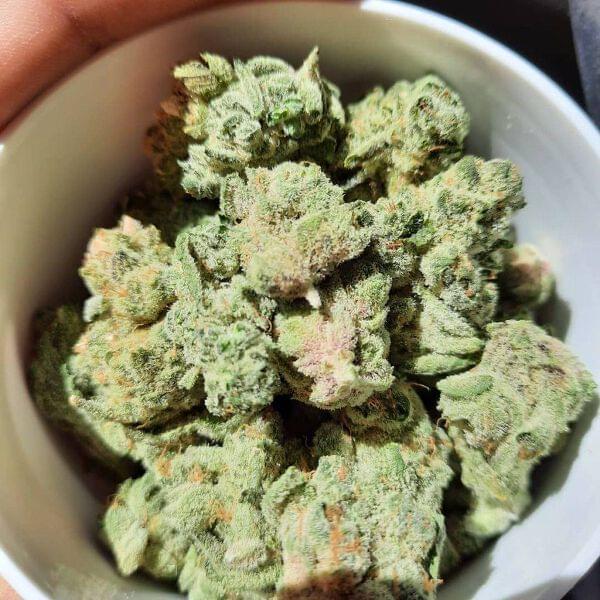Blog
Buy Biskante Strain. Environmental Impact 41
Introduction
Biskante strain. In recent years, as cannabis cultivation has become more mainstream, concerns about its environmental impact have come to the forefront. With the rise of strains like Biskante strain gaining popularity among enthusiasts, it’s essential to explore sustainable practices within the industry. In this post, we delve into the environmental implications of Biskante strain cultivation and highlight sustainable approaches to mitigate its footprint on the planet.
Biskante strain. Understanding the Environmental Footprint
Cannabis cultivation, like any agricultural activity, has a range of environmental effects. From water usage and energy consumption to land use and waste generation, every stage of the cultivation process can impact the environment. Biskante, with its unique characteristics and growing requirements, presents both challenges and opportunities in terms of sustainability.
Water Conservation
One significant concern in cannabis cultivation is water usage, particularly in regions facing water scarcity. Biskante strain, like many cannabis strains, requires adequate hydration throughout its growth cycle. However, implementing water-efficient practices such as drip irrigation, rainwater harvesting, and soil moisture monitoring can help reduce water consumption and minimize the strain on local water resources.
Energy Efficiency
Indoor cultivation, which is common for strains like Biskante strain, often relies heavily on artificial lighting, heating, and ventilation systems. These energy-intensive operations contribute to carbon emissions and energy costs. To address this, cultivators can invest in energy-efficient lighting technologies, utilize renewable energy sources like solar power, and implement efficient HVAC systems to minimize energy consumption and environmental impact.
Sustainable Growing Practices
Embracing organic and regenerative growing practices can further enhance the sustainability of Biskante strain cultivation. Avoiding synthetic pesticides and fertilizers reduces chemical runoff and soil degradation, preserving the health of ecosystems surrounding cultivation sites. Additionally, incorporating composting, cover cropping, and crop rotation techniques fosters soil fertility, biodiversity, and resilience to pests and diseases.
Waste Management
Cannabis cultivation generates various types of waste, including plant material, packaging, and wastewater. Implementing waste reduction, recycling, and composting strategies can divert waste from landfills and promote circular economy principles. Composting organic waste, recycling packaging materials, and treating wastewater through eco-friendly methods minimize environmental pollution and promote resource conservation.
Community Engagement and Advocacy
Engaging with local communities and regulatory agencies is crucial for promoting sustainable cannabis cultivation practices. Cultivators can collaborate with environmental organizations, participate in community outreach initiatives, and advocate for responsible regulations that prioritize environmental stewardship. By fostering transparency and accountability, the cannabis industry can build trust and support for sustainable cultivation efforts.
Conclusion
As the cannabis industry continues to evolve, prioritizing environmental sustainability is imperative for long-term viability and resilience. Biskante strain cultivation presents an opportunity to implement sustainable practices that minimize environmental impact while maximizing social and economic benefits. By embracing water conservation, energy efficiency, organic growing practices, waste management, and community engagement, cultivators can contribute to a more sustainable and equitable future for cannabis production.
In essence, the journey towards sustainable cannabis cultivation is ongoing, requiring collaboration, innovation, and commitment from all stakeholders. By adopting holistic approaches that balance environmental, social, and economic considerations, we can cultivate Biskante strain and other strains responsibly, ensuring a thriving planet for generations to come.
Disclaimer
While this blog post aims to provide information about sustainable practices in Biskante strain cultivation, it’s important to note that the cultivation, distribution, and use of cannabis may be subject to legal restrictions in various jurisdictions. Readers are advised to familiarize themselves with the laws and regulations governing cannabis in their respective regions before engaging in any related activities.
Furthermore, the content presented here is for informational purposes only and should not be construed as medical, legal, or professional advice. The effects of cannabis can vary depending on individual factors such as tolerance, dosage, and consumption method. It’s recommended to consult with a qualified healthcare provider or legal expert regarding any questions or concerns related to cannabis cultivation, consumption, or legality.


